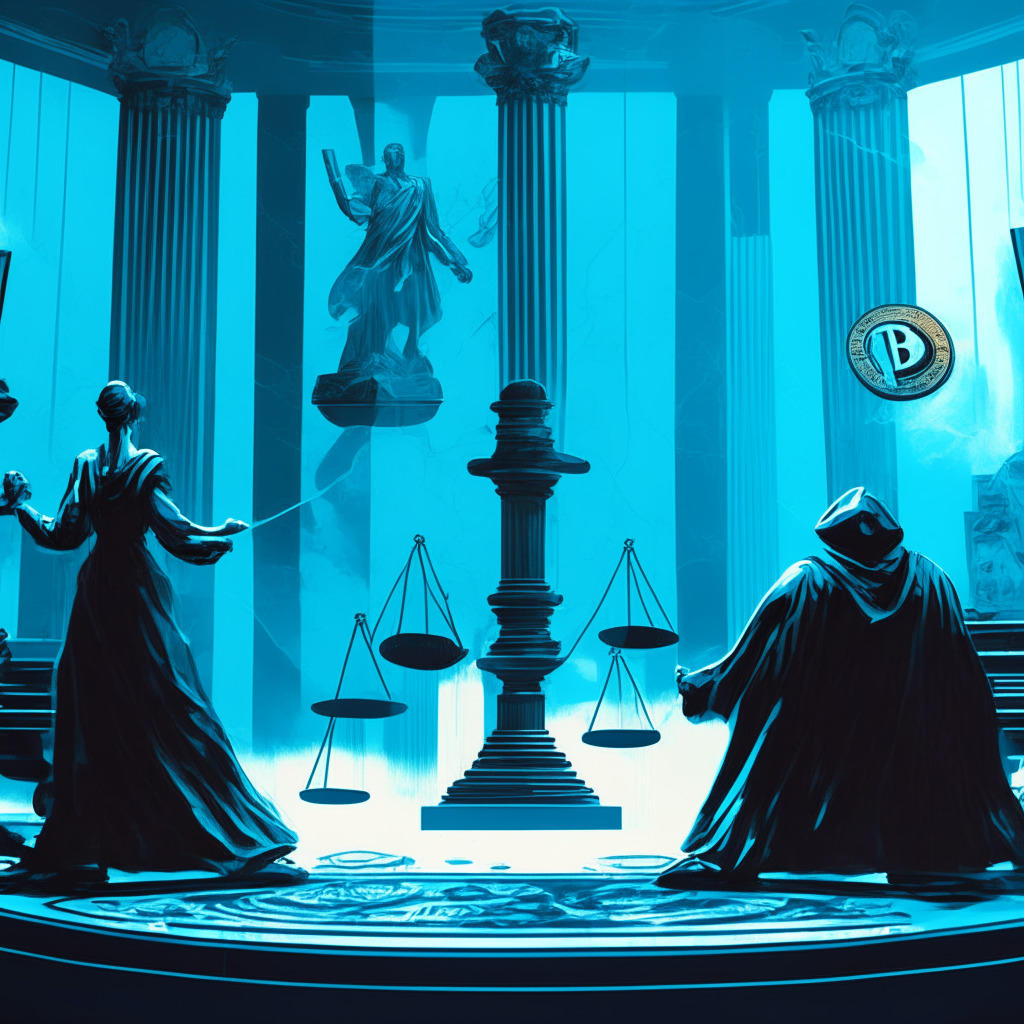The House Financial Services Committee is taking a step towards creating bipartisan negotiations on stablecoin regulations in the U.S., according to a new draft of a legislative proposal released by the Republican Chair. This significantly shorter draft aims to combine the positions of both major political parties in order to establish the first U.S. regulations on stablecoins. Additionally, it calls for the Federal Reserve to write requirements for stablecoins issuance while still allowing state regulators to oversee the companies issuing tokens.
This draft legislation has the potential to provide clarity for the crypto market by giving the Federal Reserve additional authority, including the power to intervene against state-regulated issuers in emergency situations. Moreover, states would have the option to transfer their supervisory duties to the federal watchdog. The House Financial Services Committee panel chairman, Patrick McHenry (R-N.C.), views this stablecoin initiative as a priority that extends back to last year before he took over the committee.
One crucial aspect of the draft legislation is the removal of a section calling for research on the merits of a digital dollar, an increasingly debated topic among Republicans. Despite the Federal Reserve insisting it has not taken a stance on a Central Bank Digital Currency (CBDC) for the U.S., the omission of this section suggests a shift in the focus of the legislation.
The fact that the legislation has garnered bipartisan support in the past raises optimism for its successful passage in both chambers of Congress. However, the Democrats’ opinion on the latest version remains unclear. The creation of U.S. stablecoin regulations would prove pivotal in the crypto market, as stablecoins are vital for trading in and out of more volatile cryptocurrencies.
Despite potential benefits, some voices in the crypto community may question the increased oversight that this legislation could enact. Would tighter regulatory control on stablecoins stifle innovation and hinder the growth of the cryptocurrency market? On the flip side, proper regulation could lead to broader adoption of stablecoins and cryptocurrencies by boosting public trust in these digital assets.
In conclusion, the latest draft legislation released by the House Financial Services Committee carries both opportunities and challenges within the realm of cryptocurrency regulations. As the bill stands at present, there are unknowns, such as the Democrats’ stance on the new version and whether increased regulation could hinder or spur the growth of the market. Only time will tell how these finer details shape the future of stablecoins and the broader crypto market in the United States.
Source: Coindesk




